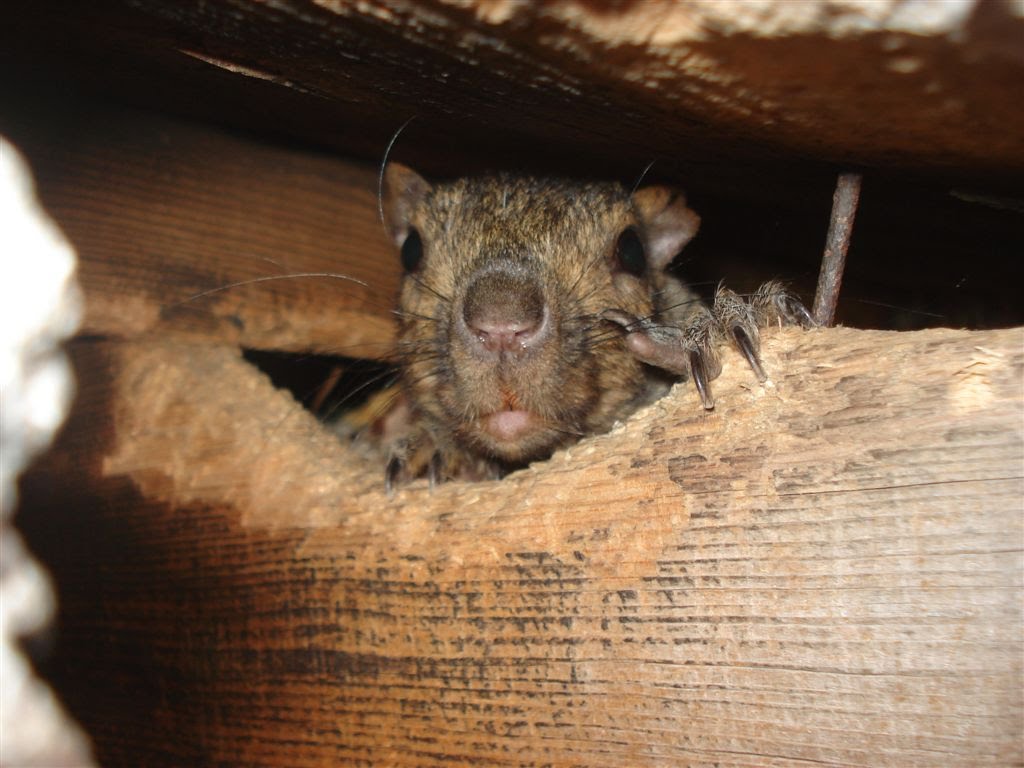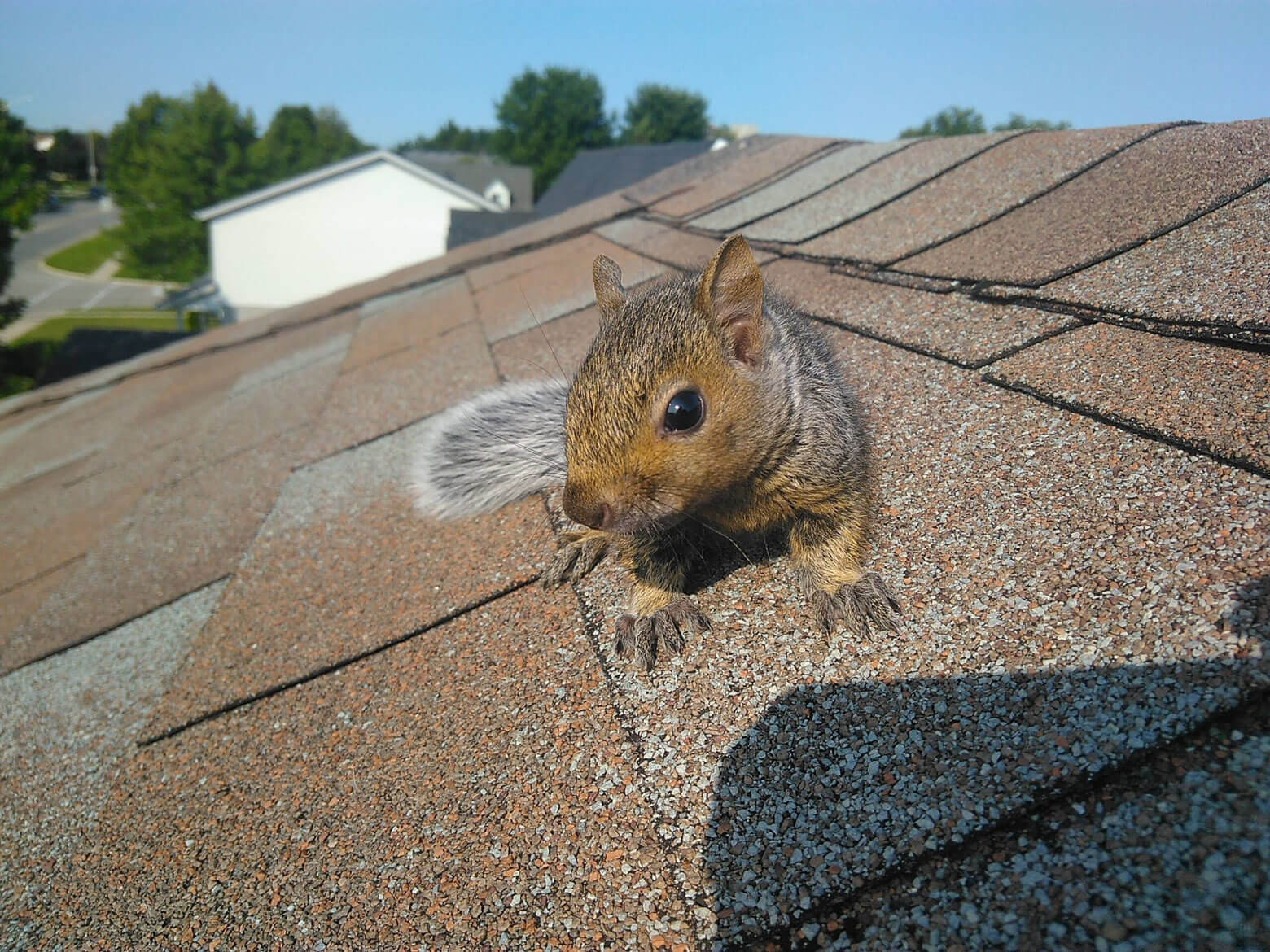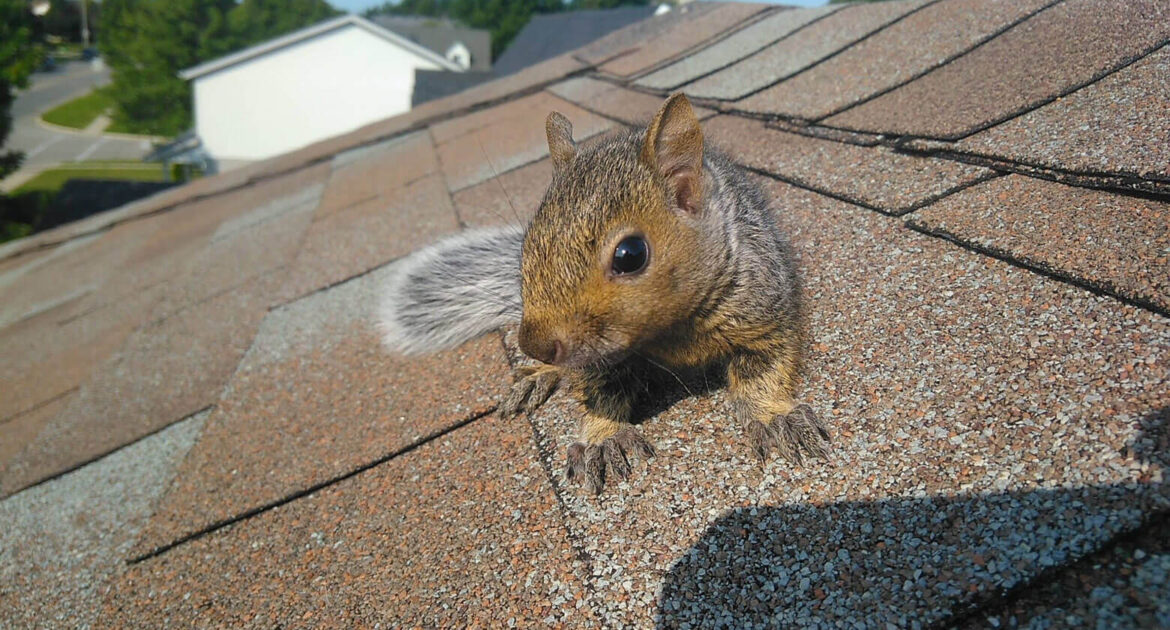You might not know where your car keys are, but your friendly neighborhood squirrel would definitely remember where it left them! Studies demonstrate that squirrels can remember solutions to mazes or food retrieval challenges even after several years. Squirrels can build on their initial solutions, becoming more efficient at the task, and even applying the tricks used in new situations. Because of these memory and problem-solving skills, squirrel removal can be extremely challenging.
Surprising Squirrel Intelligence
Scientists once thought that squirrels used scent to retrieve buried food but have since documented that they return more frequently to their own buried caches than those of other individuals. Stealing food is not, however, out of the question, and their sense of smell is definitely used for pilfering extra nuts along the way. To thwart a neighbor’s memory skills, a squirrel being watched by another will undertake something called “deceptive caching” to prevent food theft. The squirrel makes an elaborate show of digging and recovering a hole but leaves without depositing anything inside!
The Trouble With Squirrel Tenants
Introduced into urban and suburban parks in the late 1800s to help simulate “wild” nature, squirrels are now common in our neighborhoods and yards. These suburban animals are also more robust and heartier than completely wild squirrels. Historic interactions between our species led suburban squirrels to view us not as a threat but a food source, and they are now extremely comfortable around people. A squirrel may claim up to 25 acres in the territory, building multiple nests and many food caches across this area. Some species produce two litters a year of three to four offspring each. The wealth of warm, dry nooks like attics, garages and sheds in human population centers have become appealing to suburban squirrels looking for nests to raise their babies.
Because they never stop teething — an attribute of all rodents — squirrels are compelled to gnaw to manage the growth. This biological compunction means that even a single squirrel can quickly chew through the wood, wires, shingles and insulation of a structure. If they have entered your home to produce and raise young, the problem can escalate rapidly. The territoriality and keen memory that make squirrels such fascinating creatures to observe also make them hard to evict. Even when squirrels rotate out of a nest temporarily, they often return when weather conditions or food supply changes. You may forget about your squirrel tenants for a little while, but they won’t forget about you!

Squirrel Removal Solutions
Dealing with cohabiting squirrels is a common part of wildlife control in Milwaukee and Madison. However, do not attempt to trap or handle a squirrel on your own. City or country, squirrels remain wild and can exhibit aggressive behavior if threatened. Also not advisable is blocking assumed entry points on your own. You may accidentally trap animals inside the structure, frightening them and ensuring a flurry of damage as they attempt to escape.
These tasks are best left to a professional team with appropriate training and equipment. Squirrel nests are messy accumulations of debris up to several feet in diameter. At Skedaddle, trained wildlife biologists are on staff to remove the nest and clear site contamination. This is especially important because breathing in dust from squirrel waste can transmit salmonella and Lyme disease. Most critical is ensuring that the structure is sealed off from reinfestation. The Skedaddle team is expert at identifying and covering potential entry points, using materials that can withstand the harsh Wisconsin weather.
Have your neighborhood squirrels gotten a little too companionable? Enlist the services of the Milwaukee and Madison wildlife control professionals at Skedaddle Humane Wildlife Control. Let the pros serve up a squirrel eviction notice that will help you rest easy in your home!




